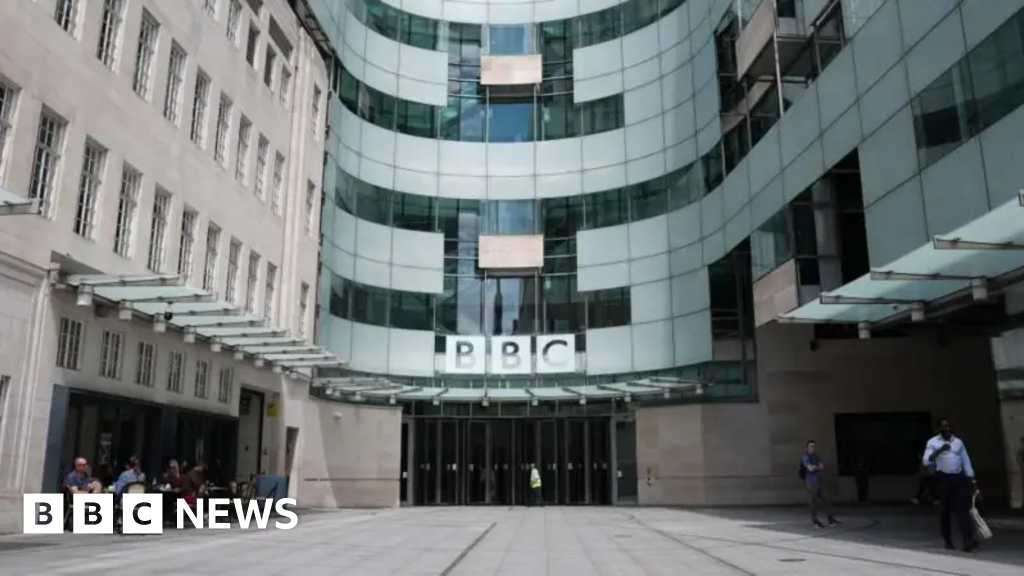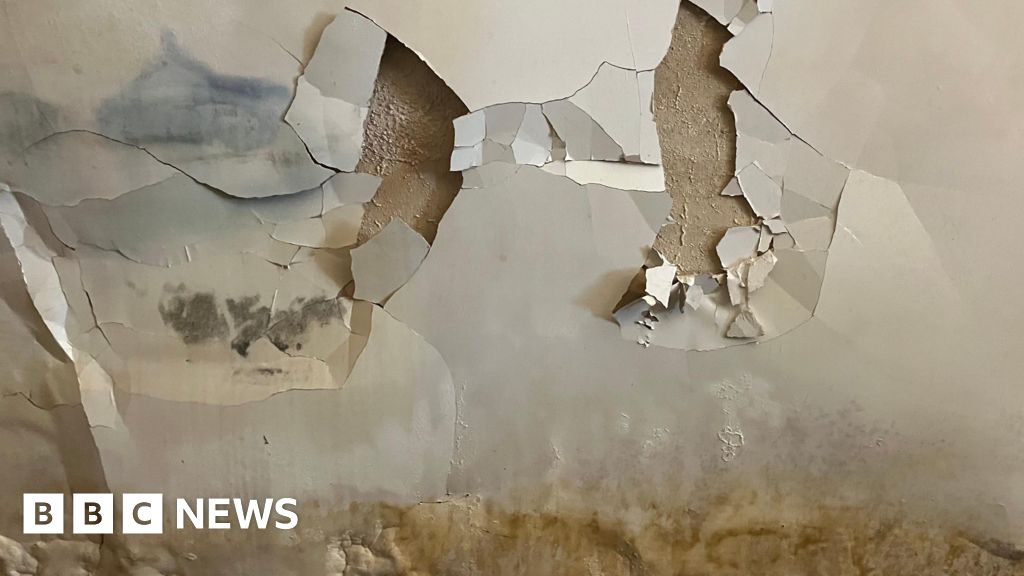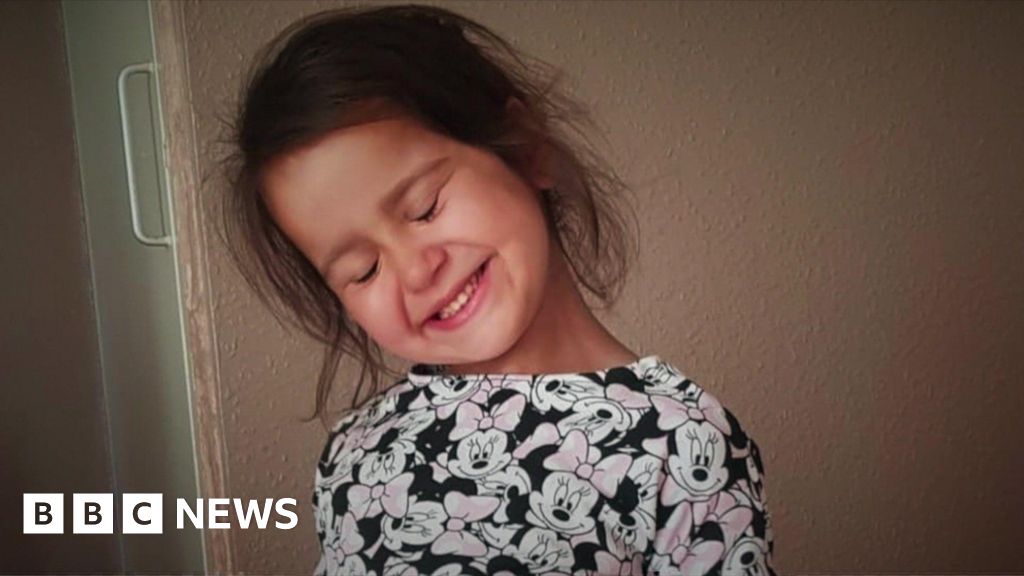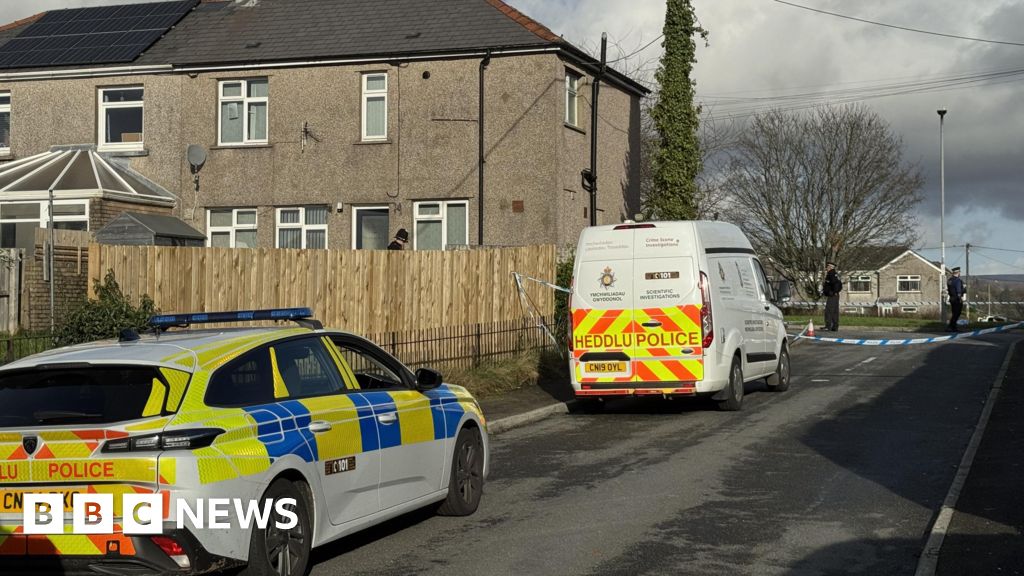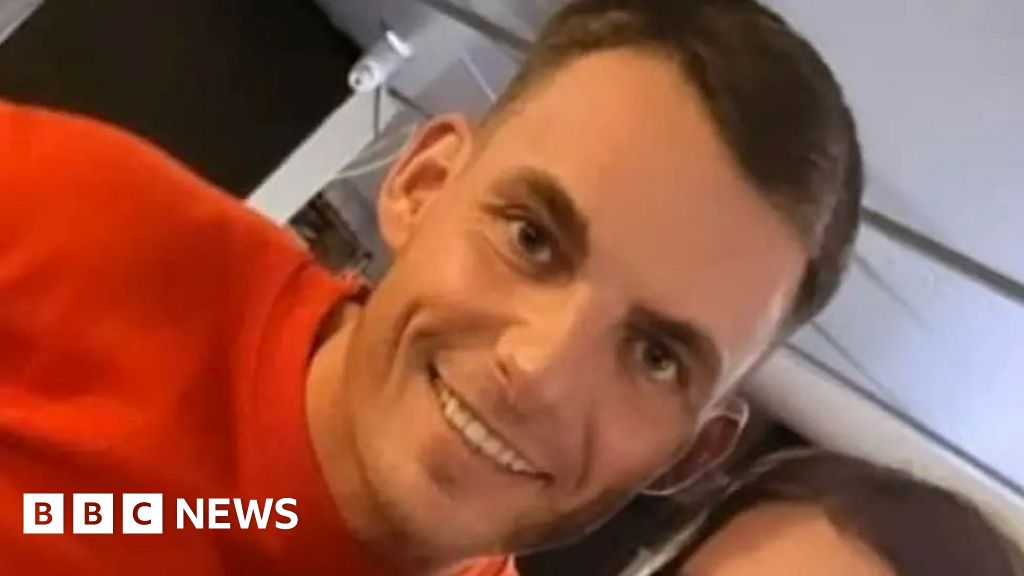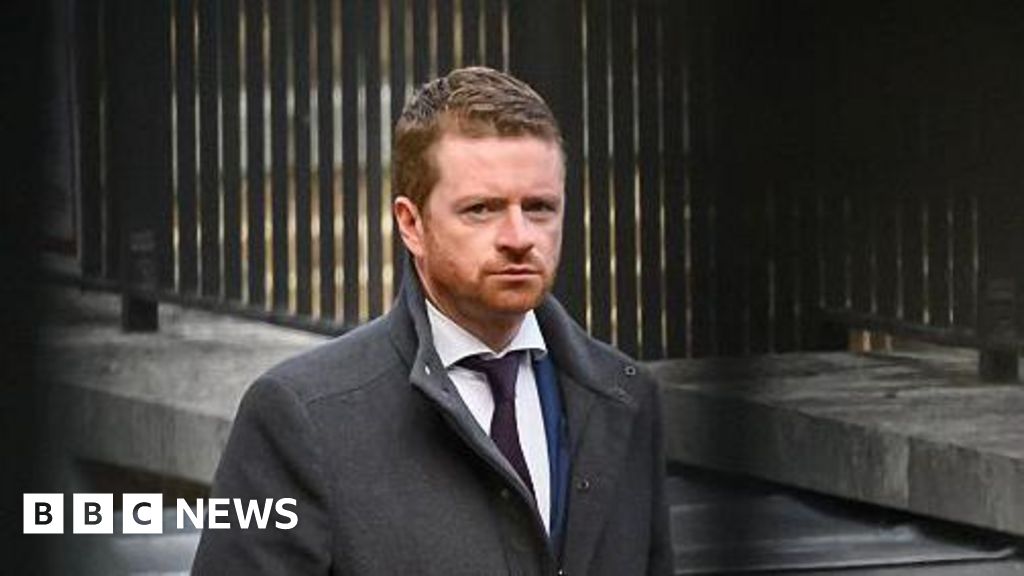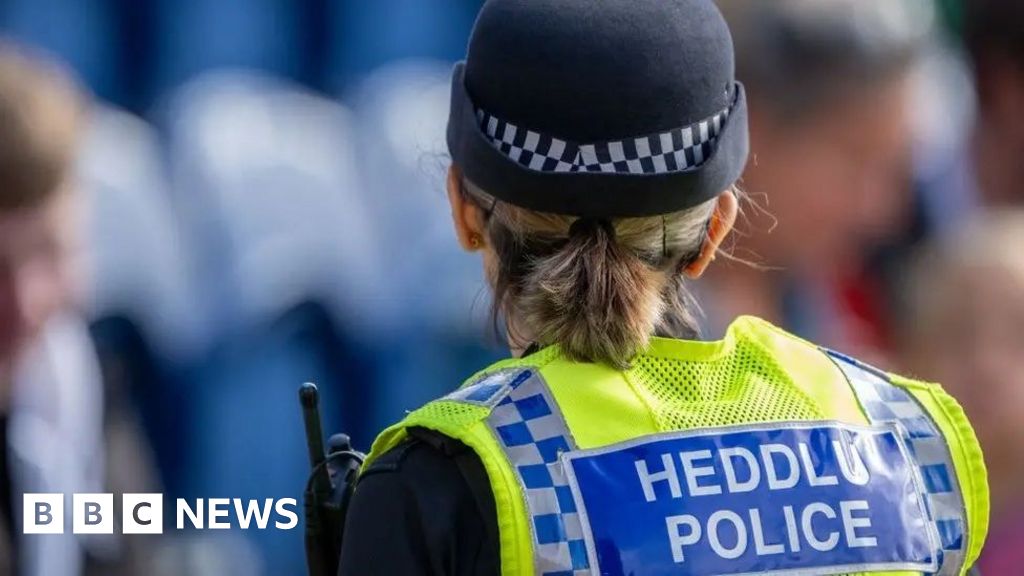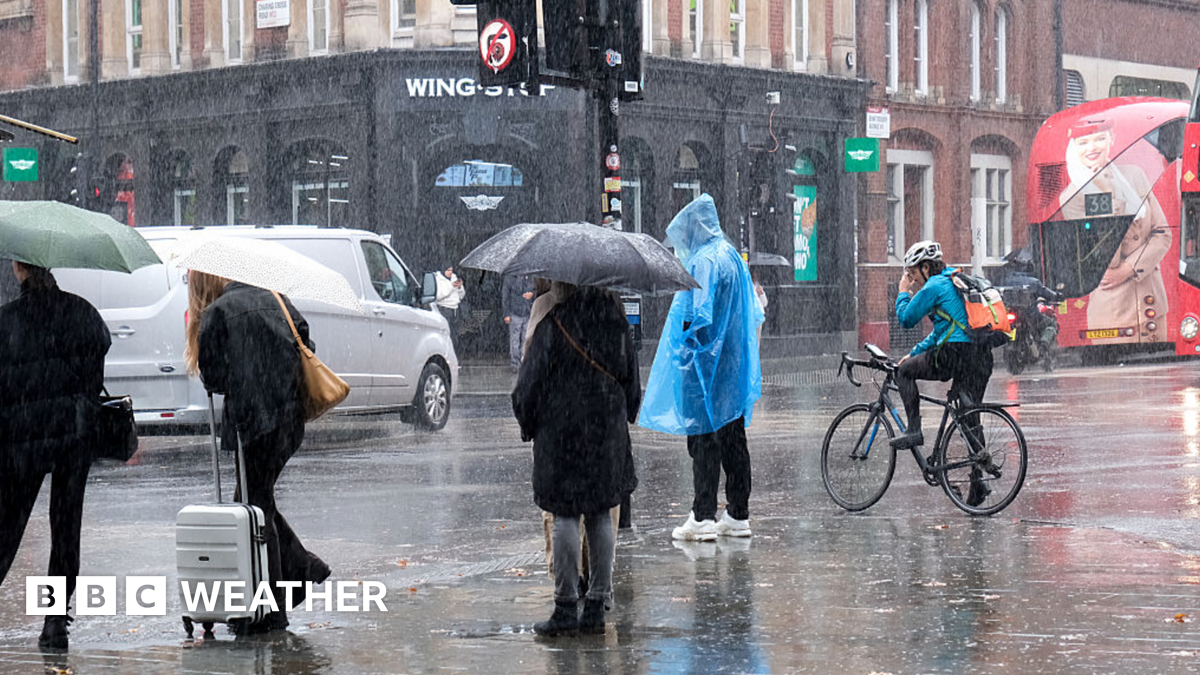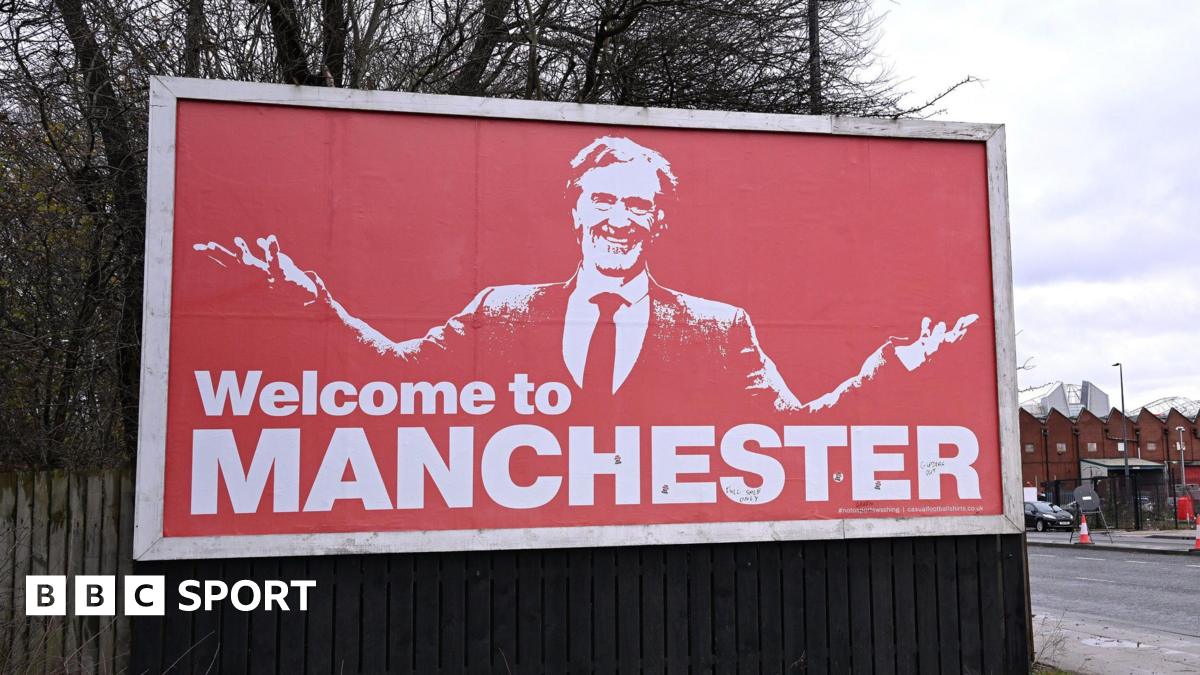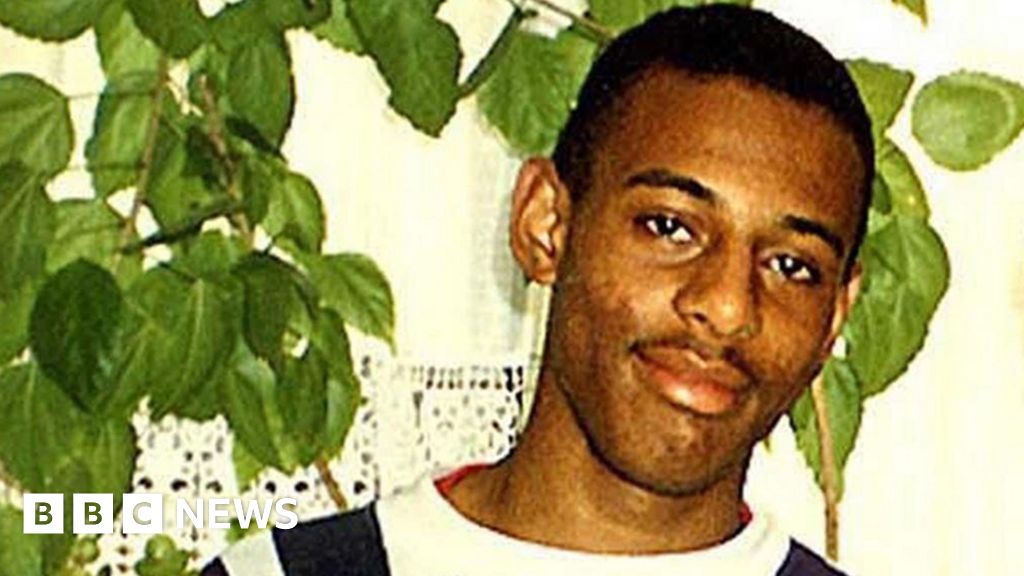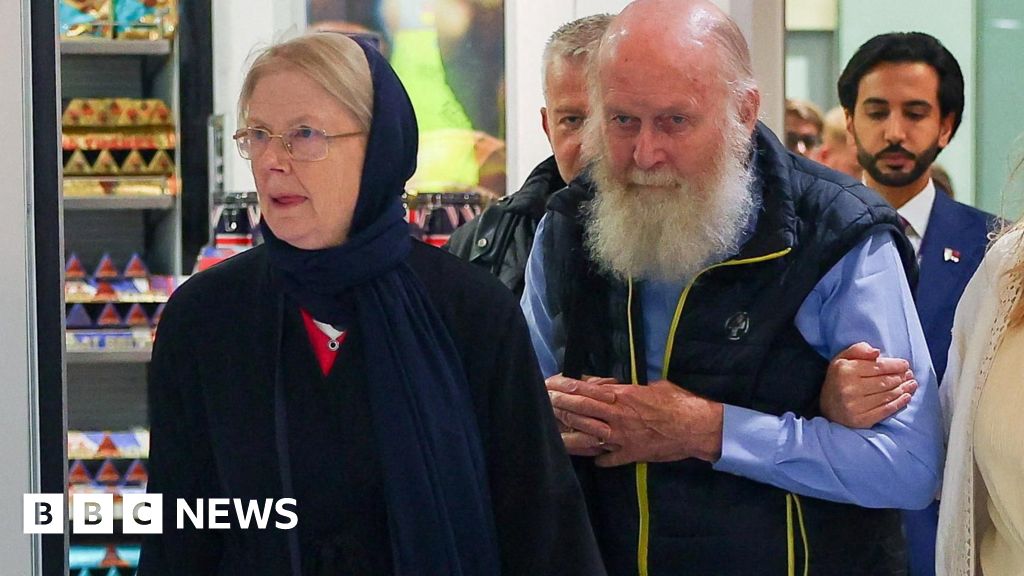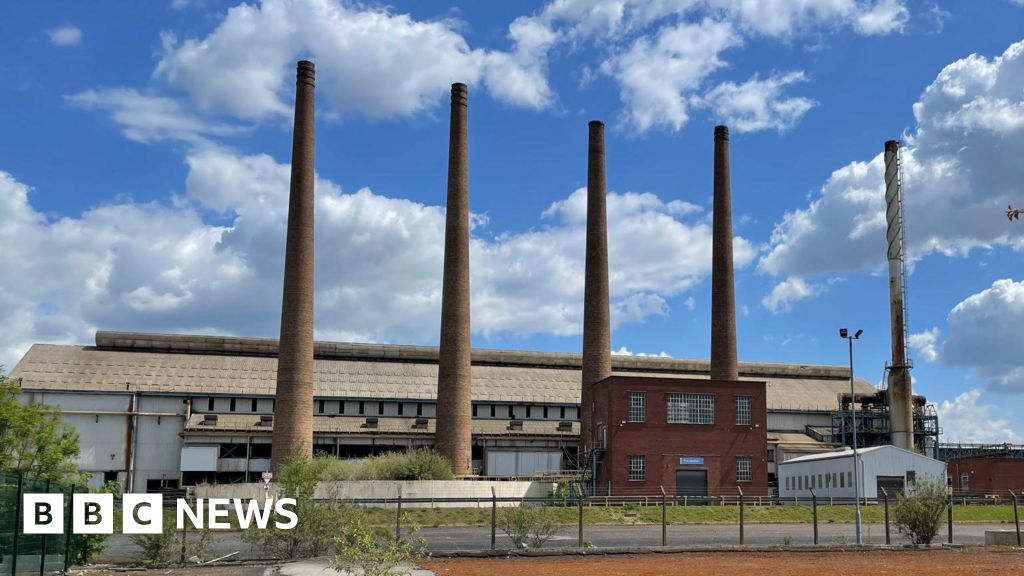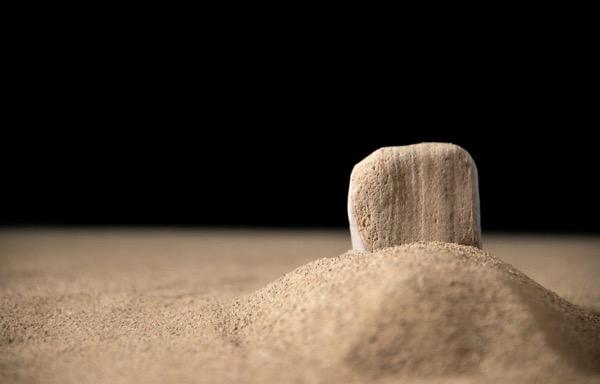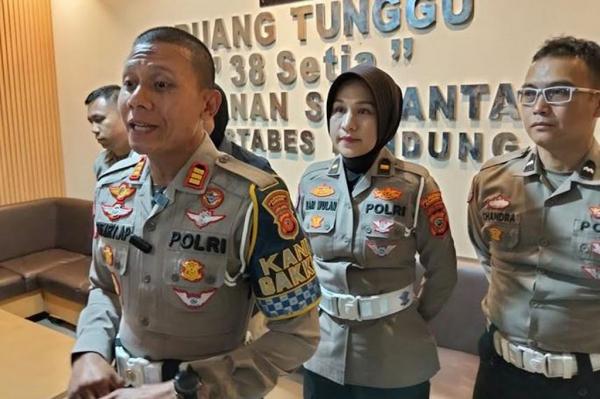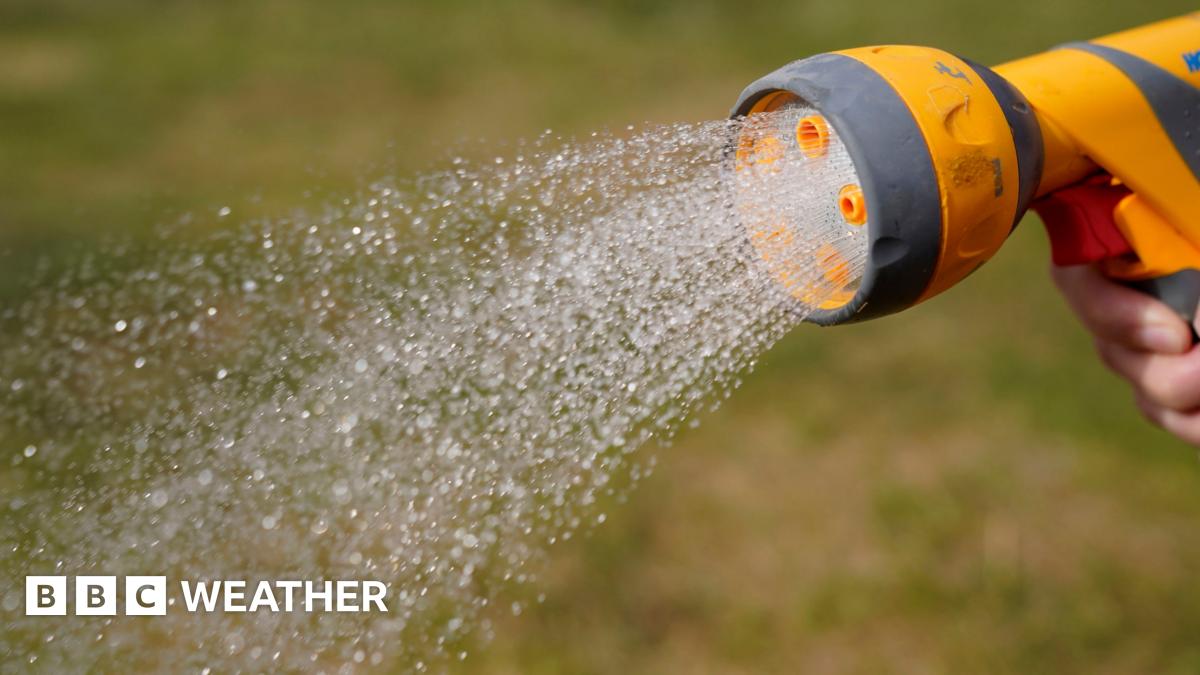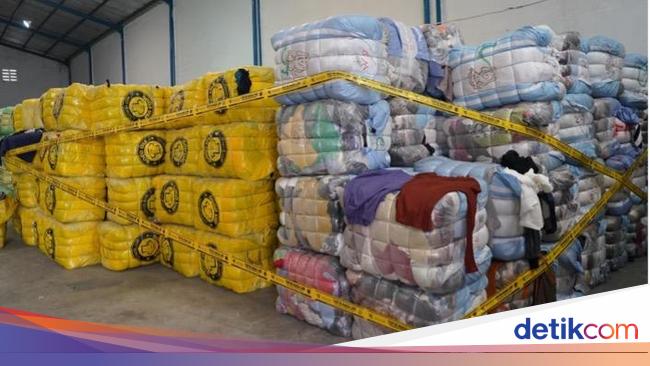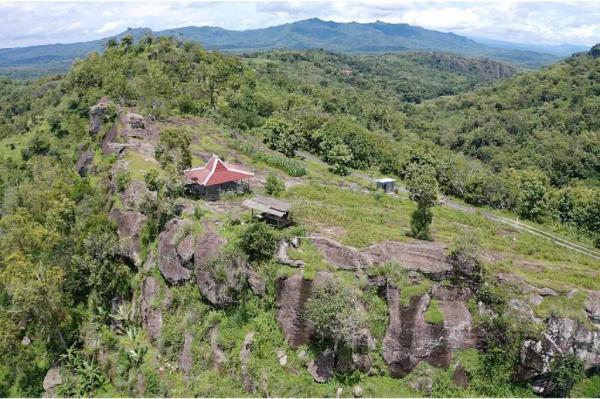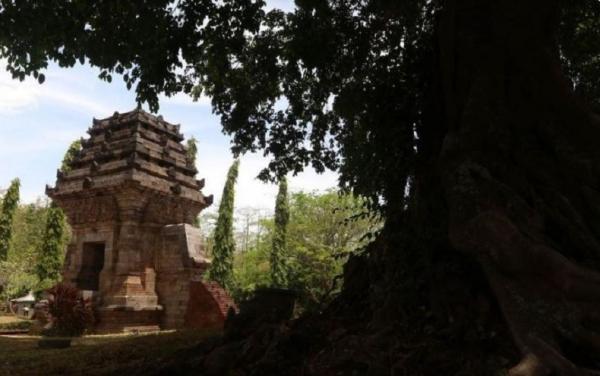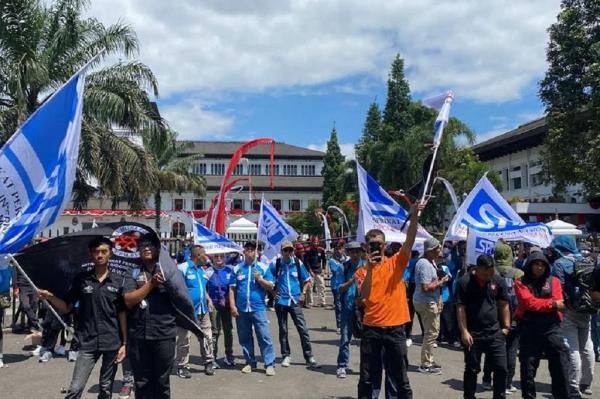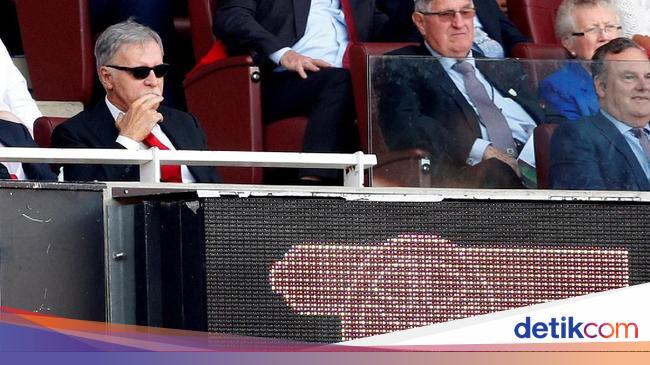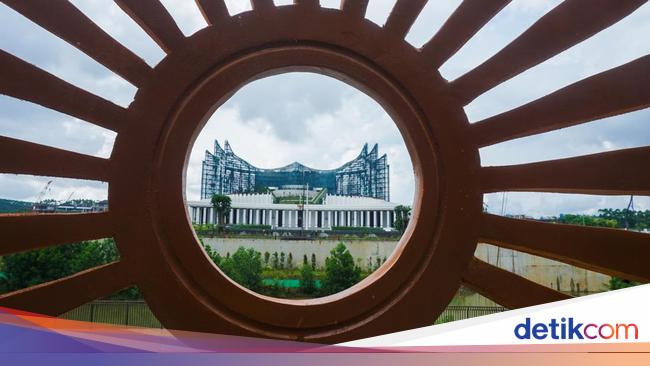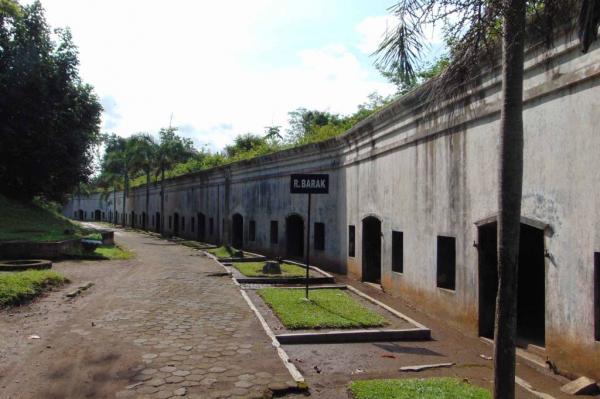David Gritten
BBC News
Reporting fromJerusalem

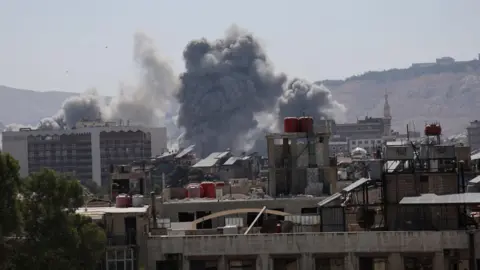 Reuters
Reuters
Syria's defence ministry headquarters in central Damascus was hit by Israeli strikes
The Israeli military struck the Syrian defence ministry and government forces in southern Syria, as deadly sectarian fighting in the predominantly Druze province of Suweida continued for a fourth day.
Israel's Prime Minister Benjamin Netanyahu said its forces were "working to save our Druze brothers and to eliminate the regime's gangs". The Syrian foreign ministry condemned Israel's "treacherous aggression".
The Syrian interior ministry and one Druze leader said a ceasefire had been agreed on Wednesday night. But another Druze leader rejected it.
More than 300 people are reported to have been killed in Suweida since Sunday, when clashes between Druze militias and Bedouin tribes erupted.
The Israeli military began striking Syrian security forces and their weapons on Monday, after they were deployed to the city of Suweida for the first time since Sunni Islamist-led rebels overthrew President Bashar al-Assad in December.
Minority groups including the Druze - whose religion is an offshoot of Shia Islam with its own unique identity and beliefs - are suspicious of interim President Ahmed al-Sharaa and his government despite his pledges to protect them.
Their fears have been heightened by several outbreaks of deadly sectarian violence over the past eight months, including one in May in which dozens of people were reportedly killed in clashes between Druze, security forces and allied Islamist fighters in Damascus and Suweida.
In the wake of that fighting, the government reached an agreement with Druze militias to hire local security forces in Suweida province from their ranks.
Netanyahu has said he is committed to preventing harm to the Druze in Syria because of their deep ties to those living in Israel and the Israeli-occupied Golan Heights.

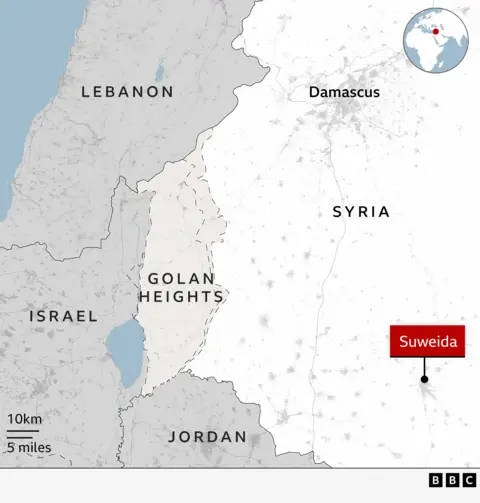
Israeli Defence Minister Israel Katz wrote on X on Wednesday afternoon that "the warnings in Damascus" had ended and that the Israeli military would "continue to operate vigorously in Suweida to destroy the forces that attacked the Druze until they withdraw completely".
He later posted that "the painful blows have begun" above a video clip showing a TV presenter being forced to dive under a desk live on air as an Israeli missile hit the nearby entrance to the Syrian defence ministry in Umayyad Square, in central Damascus.
The Israeli military said it struck the Syrian government's military headquarters in the capital as well as a "military target in the area" of the presidential palace.
It also said strikes hit armoured vehicles loaded with heavy machine guns and weapons on their way to Suweida, as well as firing posts and weapons storage facilities in southern Syria.
Syria's foreign ministry said the strikes targeted government institutions and civilian facilities in Damascus and Suweida and killed "several innocent civilians".
"This flagrant assault, which forms part of a deliberate policy pursued by the Israeli entity to inflame tensions, spread chaos and undermine security and stability in Syria, constitutes a blatant violation of the United Nations Charter and international humanitarian law," it added.
The Syrian interior ministry announced on Wednesday evening that it had reached a ceasefire agreement with Druze leaders "as part of efforts to restore security and stability". It said military operations would end immediately, police would set up checkpoints in Suweida city, and that the province would be "fully integrated" into the Syrian state.
One Druze leader, Sheikh Yousef Jarbou, confirmed the agreement. But another who supports Israel's intervention, Sheikh Hikmat al-Hajri, called for Druze fighters to continue fighting until the "total liberation of our province from gangs".
US Secretary of State Marco Rubio said he was "very worried" about the violence in the south, and that he was talking to Israel and Syria to calm the situation.
The Syrian Observatory for Human Rights (SOHR), a UK-based monitoring group, meanwhile reported that the humanitarian situation in Suweida city had rapidly deteriorated.
It cited sources as saying there were clashes in several area of the city and that tanks had attacked the national hospital, causing panic among the scores of casualties from the fighting being treated there. They also said there were acute shortages of water and medical supplies.
The SOHR says more than 300 people have been killed since Sunday in Suweida province.
They include 69 Druze fighters and 40 civilians, 27 of whom were summarily killed by interior ministry and defence ministry forces, according to the group. At least 165 members of the government forces and 18 Bedouin tribal fighters have also been killed in the clashes, while 10 members of government forces have been killed in Israeli strikes, it says.
The BBC is not able to verify the SOHR's casualty figures.

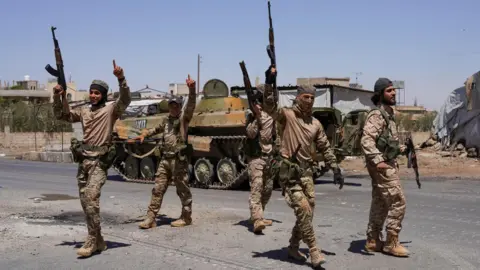 Reuters
Reuters
The Syrian interior ministry said a ceasefire had been agreed on Wednesday night to end the fighting in Suweida city
The fighting between Bedouin tribes and Druze militias in Suweida is said to have been sparked by the abduction of a Druze merchant on the highway to Damascus last Friday.
On Sunday, armed Druze fighters reportedly encircled and later seized a neighbourhood of Suweida city that is inhabited by Bedouin. The clashes soon spread into other parts of Suweida province, with tribesmen reportedly launching attacks on nearby Druze towns and villages.
Syria's interior ministry later announced that its forces and those of the defence ministry would intervene and impose order, saying the "dangerous escalation comes in light of the absence of relevant official institutions".
There was a brief period of calm on Sunday night before the fighting resumed, with local activists reporting that Druze villages west of the city had been attacked with drones and mortars as government forces deployed nearby.
That afternoon, the Israeli military said it had stuck several Syrian government tanks in Suweida, saying it aimed to prevent forces advancing towards Suweida city.
On Tuesday morning, Druze spiritual leaders said they had agreed to allow government forces to enter Suweida province in order to end the bloodshed. But Sheikh Hajri urged Druze to resist, accusing the government of violating a ceasefire by bombarding Suweida city.
The fighting continued as government forces entered the city. The defence minister declared a ceasefire and said they would only open fire if attacked, but witnesses reported that they joined the Bedouin fighters in attacking Druze fighters and civilians.
That afternoon, Netanyahu and Katz ordered the Israeli military to once again attack government forces and weaponry in Suweida. They said they were working to prevent them from harming the Druze and to "ensure the demilitarisation" of areas near Israel's border.
Earlier this year, Israel's prime minister demanded the complete demilitarisation of Suweida and two other southern provinces. He said Israel saw President Sharaa's Sunni Islamist group, Hayat Tahrir al-Sham (HTS), as a threat. HTS is a former al-Qaeda affiliate that is still designated as a terrorist organisation by the UN and UK, but no longer by the US.
The Israeli military has already carried out hundreds of strikes across Syria to destroy the country's military assets since the fall of the Assad regime.
And it has sent troops into the UN-monitored demilitarised buffer zone between the occupied Golan Heights and Syria, as well as several adjoining areas and the summit of Mount Hermon.
.png)
 3 months ago
47
3 months ago
47

